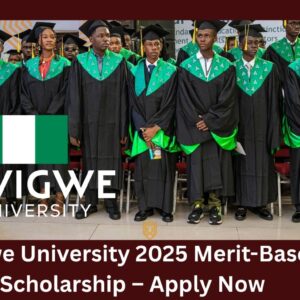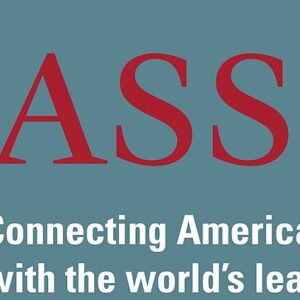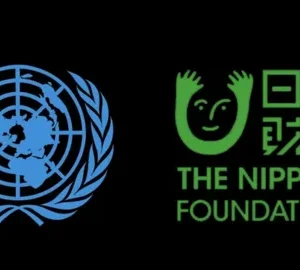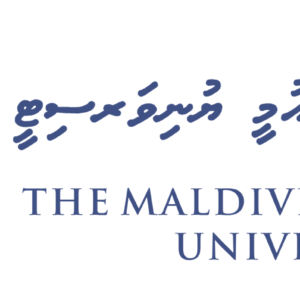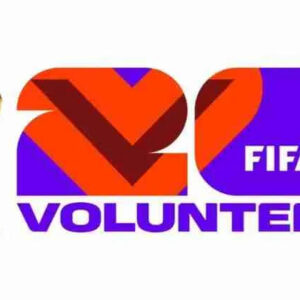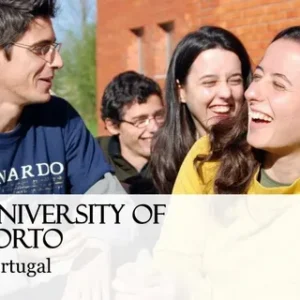
Introduction
Got your eyes on studying Ares in Belgium for 2026? Picture this: top-tier higher education, zero financial stress, and a global cohort of peers all made possible by the ARES Scholarship. Whether you’re eyeing a special bachelor’s, master’s, or a focused short course, this fully funded opportunity is a major game-changer.
In this guide, you’ll find everything: who’s eligible, what’s covered, how to apply step by step, and how to stand out. It’s like your trusty roadmap—no guesswork, just clarity. Ready? Let’s roll.
What Is the ARES Scholarship?
Who’s Behind It?
The ARES Scholarship is offered by the Academy of Research and Higher Education, a Belgian federation committed to strengthening partnerships in education and research. It’s the kind of public program that keeps things transparent and trustworthy.
What Does “ARES” Stand For?
ARES is shorthand for Académie de Recherche et d’Enseignement Supérieur—basically Belgium’s agency for research and higher education cooperation. It opens doors for international learners like you.
Programs Covered
Advanced Bachelor’s (Specialised Bachelor)
This is a one-year specialized bachelor program like a bachelor’s turbo boost. Think “Bachelier de spécialisation en Business Data Analysis” and similar fields.ARESOpportunities Circle
Specialised Master’s Degrees
You can dive into fields like human rights, microfinance, public health methodology, transport & logistics, social innovation design, and more.ARESOpportunities Circle
Continuing Education Training (2–6 Months)
Short, impactful courses: from data science for global health to digital pedagogy and GIS. Great if you want a burst of learning and real-world skills.ARESOpportunities Circle
Eligibility Criteria
Eligible Countries
The scholarships prioritize candidates from select developing countries—like those in Africa (e.g., Kenya, Ghana, DR Congo), Southeast Asia (Vietnam, Philippines), South America (Ecuador, Bolivia), and the Palestinian territory.ARESScholarships for Development
Academic Qualifications Required
-
For master’s and continuing education: you need a degree equivalent to a Belgian 2nd-cycle diploma (~300 ECTS credits).
-
For specialised bachelor: a degree equivalent to 1st-cycle (~180 ECTS credits).ARESScholarships for Development
Professional Experience
You must demonstrate at least two years of relevant professional experience in an ARES partner country.ARESScholarships for Development
Age Limits (Where Applicable)
Some variants—like training courses—often carry upper age caps (e.g., 45), so check the specific requirements.Bright Scholarship
What Does the Scholarship Cover?
Tuition Fees
Yes, it covers tuition—no need to break out your wallet for fees.ARESScholarships for Development
Travel and Visa Support
Round-trip airfare, visa cost support, and special arrival allowances are typically included.Bright ScholarshipScholarships for Development
Living Allowance and Insurance
You’ll get a subsistence allowance (to help with room, food, etc.) and insurance coverage for your stay.ARESBright Scholarship
Special Stipends (e.g., Indirect Mission Fees)
There’s often an “indirect mission” stipend (~€200) to help with initial expenses—nice touch for settling in.Bright ScholarshipScholarships for Development
Application Timeline
Opening and Deadline Dates
Applications for the 2026–2027 cycle open on 4 August 2025, and the deadline is 19 September 2025 at 12 pm (Belgian time, UTC+1).ARESScholarships for Development
Application Portal: GIRAF
All applications go through the GIRAF platform—no paper mail needed.ARES
What Happens After Submission
Once submitted, the file is locked—so don’t wait until the eleventh hour to submit. There’s also an appeal process via the Council of State if needed.ARES
How to Apply Step-by-Step
Set Up GIRAF Account
Visit the official site and create your GIRAF profile—this is your control center.
Complete the Application Form
Go to “My tasks” → “Competitive calls” → find the call and start filling.
Upload Documents
Add transcripts, diplomas, proof of experience, recommendation letters, nationality documents, and any required pre-project.Bright ScholarshipScholarships for Development
Final Submission
Review everything, submit before the deadline, and enjoy that post-submission calm knowing you’re done.
Required Documents Checklist
Diplomas and Transcripts
Certified copies for all academic qualifications.
Letters of Recommendation
Academic and/or professional—choose wisely.
Proof of Professional Experience
Official proof for at least two years—employment letters or contracts work well.
Nationality Proof and Pre-project (if needed)
Passport or citizenship documents; and some courses require a pre-project summary.Bright Scholarship
Selection Criteria: What Makes Your Application Stand Out
Academic Excellence
Your grades and academic background must shine—especially in relevant fields.
Relevance to Your Field
Your experience and study plan should align with the program you choose.
Potential for Impact
Show how this scholarship will empower you to make a positive change—locally or beyond.
Life in Belgium as an ARES Scholar
Study Environment & Institutions
You’ll study at institutions in the Wallonia-Brussels Federation—renowned for quality and innovation.
Cultural Immersion
Belgium is rich in culture, history, and central to Europe—perfect for discovering while you study.
Networking & Long-Term Benefits
You’re joining a network of fellow changemakers, with connections across academia and development sectors.
Common Pitfalls to Avoid
Late or Incomplete Applications
Missed deadlines or missing docs = automatic disqualification. Don’t risk it!
Weak or Missing Documents
No recommendation? No experience proof? That’s a red flag. Gather well in advance.
Ignoring Instructions
Each detail—from file format to form fields—matters. Follow instructions exactly.
Pro Tips for a Strong Application
Start Early & Stay Organized
Create a timeline—due dates, drafts, submit. Early birds catch scholarships!
Tell Your Story—Be Genuine
Use personal anecdotes. Make your application feel human, not generic.
Review & Proofread
Typos and grammatical errors? Not a great look. Proofread, then proofread again.
Useful Resources and Links
-
[Official ARES Scholarship Page] – all official info, criteria, and the GIRAF link.ARES
-
[Application Portal (GIRAF)] – register and manage your submission.ARES
-
[List of Eligible Countries & Courses] – to confirm your eligibility and program of interest.Scholarships for Development
Conclusion
The ARES Scholarship in Belgium 2026 is a rare chance: fully funded learning, immersive European experience, and a shot at big future impact. With the right preparation, organization, and authenticity, you’re in great shape to apply. So mark your calendar (4 Aug to 19 Sept 2025), gather your docs, and seize this opportunity to turn ambition into action.
Frequently Asked Questions (FAQs)
Q1: Can I apply if I’ve already received a Belgian scholarship before?
Nope—past recipients aren’t eligible again. This helps the program reach new talent.
Q2: Do I need a language test for English-taught courses?
Not always. English proficiency (reading) is usually required, but tests may not be mandatory—double-check your course details. Bright Scholarship
Q3: What happens if I miss the 19 Sept deadline by a few hours?
Unfortunately, it’s firm—late submissions aren’t accepted. Make sure to submit early. ARES
Q4: Is the subsistence allowance enough to live comfortably in Belgium?
It’s designed to cover basics—food, local transport, small daily expenses. It’s not extravagant, but workable if managed well.
Q5: I can’t meet the professional experience requirement—can I still apply?
You typically need at least two years of relevant experience to be eligible. If you don’t meet that, consider gaining experience before applying next cycle.



